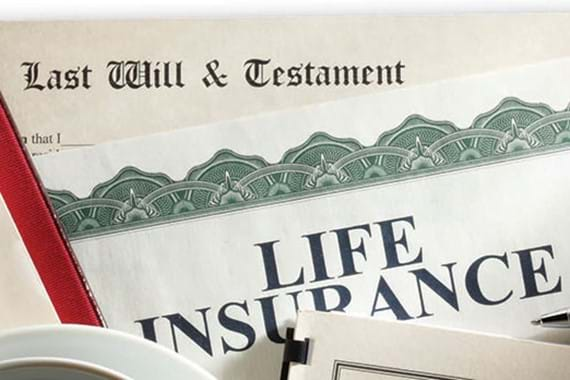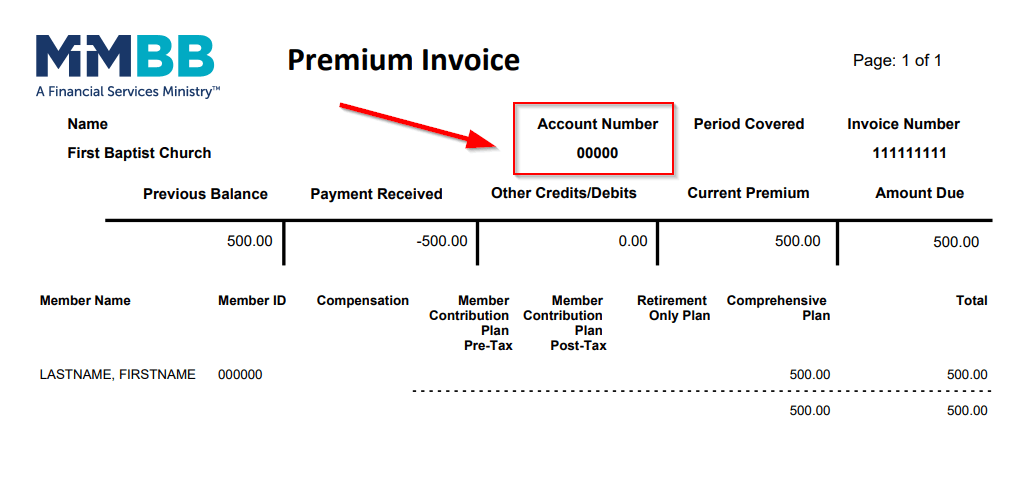With this article MMBB begins a two-part series on what you need to know about Estate Planning. In this first article, we’ll examine the role of the executor. The second article will provide information about preparing a will.
You have recently been named the executor of an estate but, like many people, you may not be familiar with the scope of the task that you are undertaking and the important information you need to know. An executor is the person responsible for managing the administration of a deceased individual’s estate. No matter the size of the estate, there are still important duties that must be carried out correctly such as settling of the estate, paying any debts or taxes on behalf of the estate, and making sure that the people named in the will receive their inheritances. Your chief responsibility is to ensure that the instructions in the will are properly followed.
The average estate administration takes one year; however, you will not need to work full time on it. Here are some of the specific tasks that must be completed.
Locate important documents required to settle the estate. If there is a will and you do not have it or it has not been brought to court, you may need to find it among the deceased belongings. If you only have a copy of the will, you may need to obtain the original from the attorney who drafted it. The executor will also need to obtain the original or a certified copy of the death certificate. Most states charge a fee for the original death certificate as well as for certified copies.
It may be necessary to hire an attorney. You are not required to do so, but mistakes can be costly. The executor may be personally liable if an error is made with the estate or payment of taxes. An attorney experienced in estate planning can provide guidance and ensure that deadlines are met.
Apply for probate. The executor must file the will with the probate court and receive letters of testamentary. A letter of testamentary is a legal document issued by a probate court that gives an executor the power to act in a fiduciary manner on behalf of the estate. A key task for the executor is presenting the letter of testamentary along with the death certificate in order to handle estate business and show that you have the authority to act on the estate’s behalf. If there is no will, you receive letters of administration providing legal authority to act on behalf of the estate.
Set up a bank account. The executor is required to keep the estate’s money separate from their own. This account will be used for any money that is owed to the deceased and delivered after death as well as to pay any ongoing expenses.
Notify all interested parties. You will need to notify the beneficiaries of the will as well as any potential heirs (such as children, siblings or parents who may or may not have been named in the will). You will also need to place an advertisement for potential creditors in the local newspaper. In addition, the executor is responsible for canceling or closing accounts that are still open. If the deceased was receiving Social Security benefits, the Social Security Administration needs to be notified as well.
Manage the deceased’s property. You will need to take inventory of the deceased assets and liabilities. As executor, you may want to enlist the help of a neutral third party to avoid potential disagreements among family members or other heirs. Another responsibility of the executor is to protect any property from loss, so you may need to hire an appraiser to determine the property value should you be required to sell it.
Pay debts and taxes. Once creditors have been determined, the executor must pay the deceased’s debts from the estate funds. The estate usually pays any reasonable funeral expenses first. Other debts may include probate and administration fees as well as any valid claims filed by creditors. Tax returns must be filed within the time frame required by law. Taxes due will include estate taxes and income taxes.
Distribute assets and property to beneficiaries. After the estate debts and taxes are paid, the executor is responsible for making sure the beneficiaries receive what they are entitled to according to the will. And, as executor you may also be obligated to set up any trusts required by the will.
Retain accurate records. It is extremely important for the executor to keep accurate records of everything you do regarding the estate. You will have to create a final accounting, which the beneficiaries must review before the distribution of the estate can be finalized.
File the final accounting with court. After the final accounting has been approved by the beneficiaries and the court, the court will close the estate.
Serving as an executor can involve a lot of work and requires you to recognize the responsibility which has been entrusted to you. However, you are entitled to compensation for your services subject to approval of the court. Remember, that any compensation you receive is considered income, so you will need to declare it on your tax return.
Excerpts from this article appeared in the September/October 2019 issue of Church Executive Magazine.
Back to Financial Resource Center









